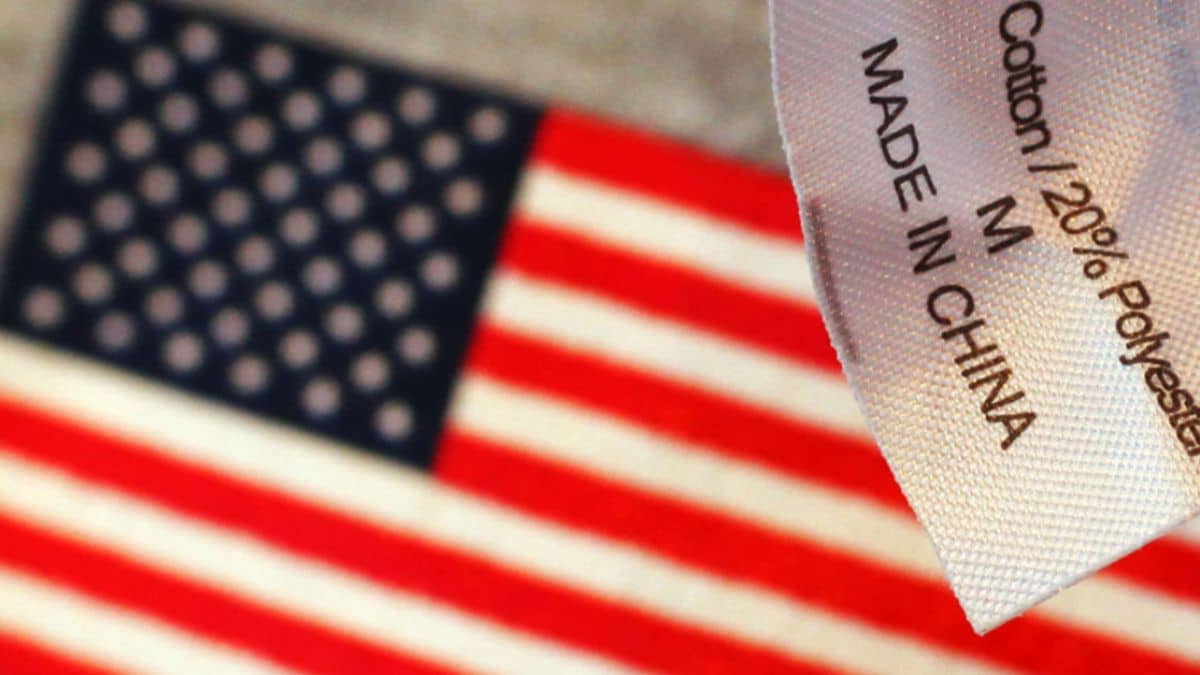The United States’ recent decision to impose new tariffs on electric vehicles (EVs) and various other products imported from China has stirred significant debate among experts. While the U.S. government cites concerns over unfair trade practices and national security, many experts argue that the rationale behind these tariffs lacks substantial grounds.
The imposition of tariffs on EVs and other Chinese goods stems from the broader trade tensions between the U.S. and China, which have escalated in recent years. The Trump administration initiated a trade war with China, imposing tariffs on hundreds of billions of dollars worth of Chinese imports. While the Biden administration has adopted a somewhat different approach, maintaining some of the tariffs imposed by its predecessor, the latest tariffs on EVs signify a continuation of tough trade policies towards China.
One of the primary arguments put forth by U.S. officials is the alleged unfair trade practices by China, including intellectual property theft and forced technology transfer. These practices have long been contentious issues in U.S.-China trade relations. However, experts contend that while these concerns are valid, imposing tariffs on EVs might not effectively address them. Instead, they argue that targeted diplomatic efforts and negotiations would be more fruitful in resolving these longstanding issues.
Moreover, critics of the tariffs point out that they could have adverse effects on both the U.S. and global economies. Tariffs on EVs could raise prices for consumers, hinder the adoption of clean energy technologies, and disrupt supply chains, ultimately stalling efforts to combat climate change. Additionally, retaliatory measures from China could further escalate trade tensions and harm American businesses that rely on Chinese markets, experts question the national security rationale behind imposing tariffs on EVs. While the U.S. aims to bolster its domestic EV industry, some argue that such protectionist measures could undermine the competitiveness of American companies in the long run. Instead of resorting to tariffs, they suggest investing in research and development, promoting innovation, and fostering collaboration with international partners to strengthen the EV sector.

